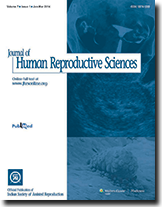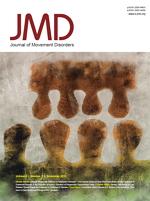
A retired obstetrics and gynecology professor under federal investigation for misconduct has notched his ninth retraction.
The latest retraction stems from an investigation by the University of Florida, where Nasser Chegini worked until 2012, which found fabricated data in three figures in a paper on the muscle cells that line the uterus.
The paper, “Differential expression of microRNAs in myometrium and leiomyomas and regulation by ovarian steroids,” was published in The Journal of Cellular and Molecular Medicine. It’s been cited 74 times, according to Thomson Scientific’s Web of Knowledge.
Here’s the note:
Continue reading Former ob-gyn prof notches ninth retraction; investigation still underway



 The first author of a paper
The first author of a paper 



